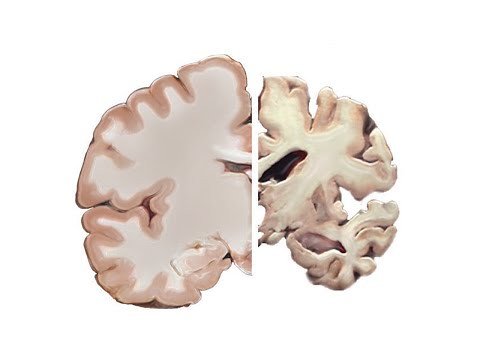New Delhi : A simple blood test to diagnose Alzheimer’s disease — on the wishlist of many doctors, researchers and patients — may be closer to becoming a reality, according to the results of studies presented virtually this week during the Alzheimer’s Association International Conference 2020.
In a study presented at the conference and published in JAMA, a blood test to detect the tau protein, one of the hallmark signs of Alzheimer’s, was as accurate as a spinal tap or a positron emission tomography (PET) scan, which are the current gold standards of diagnosis while a person is living.
The test could also differentiate between different types of cognitive dementia and even flag early signs of Alzheimer’s. While more research is required and such a test is likely still years away from being available, experts say the results are encouraging.
“This research represents an exciting step towards developing a blood test that could help identify Alzheimer’s disease by focusing on specific sub-types of tau, one of the key proteins that becomes abnormal as part of the Alzheimer’s disease changes in the brain,” said Clive Ballard, professor of age-related disease at the University of Exeter Medical School, in the UK, who was not involved in the study.
“A reliable blood test for Alzheimer’s disease would be a huge boost for dementia research, allowing scientists to test treatments at a much earlier stage which in turn could lead to a breakthrough for those living with dementia,” said Dr. Rosa Sancho, head of research at Alzheimer’s Research UK, who was also not involved in the study.
In a three-part study, researchers from the United States and Sweden measured an abnormal version of the tau protein called p-tau217 and found more of that modified tau in the blood of people with Alzheimer’s disease than in healthy participants.
“Tau protein is modified and clumps abnormally in the brains of people with Alzheimer’s disease and some frontotemporal dementias, and some of this tau protein leaks out of the brain into the blood,” said Tara Spires-Jones, the deputy director of the Centre for Discovery Brain Sciences at the University of Edinburgh, who was not involved in the study.
The researchers report the blood test can distinguish Alzheimer’s disease from other types of dementia and Parkinson’s with a high degree of accuracy — 89% to 98%.
Additionally, measuring p-tau217 levels may also be able to detect brain changes 20 years before dementia symptoms occur.
“This test, once verified and confirmed, opens the possibility of early diagnosis of Alzheimer’s before the dementia stage, which is very important for clinical trials evaluating novel therapies that might stop or slow down the disease process,” the researchers, led by Dr. Oskar Hansson from Lund University in Sweden, wrote.
Another study, published Tuesday in the Journal of Experimental Medicine, also verified that p-tau217 was more closely related to amyloid buildup in the brain than other chemicals that have been investigated.
“These two papers add to increasing evidence that modified tau proteins in the blood can accurately reflect Alzheimer’s disease in processes occurring in the brain,” said Amanda Heslegrave, a senior research fellow at the UK Dementia Research Institute at University College London, who was not involved in the study.







